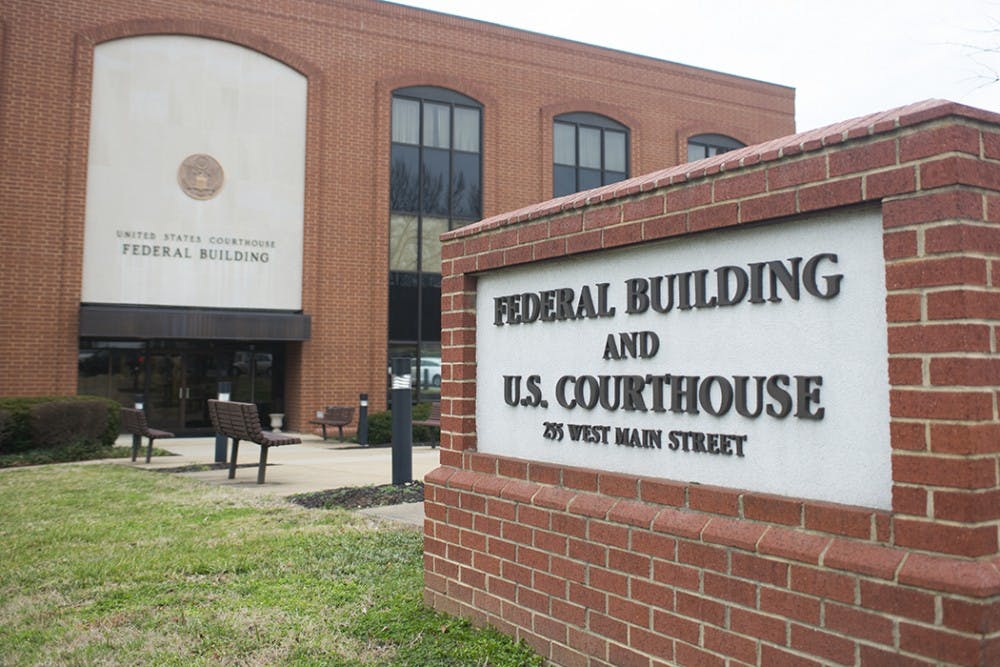Following Virginia Fifth District Rep. Tom Garrett’s (R-Va.) introduction of a bill to rename the Charlottesville federal courthouse in honor of the late Supreme Court Justice Antonin Scalia, Architecture Prof. Frank Dukes has created a petition to allow community members and former Vinegar Hill residents to help select the name of the federal courthouse.
The courthouse is located in what was formerly known as Vinegar Hill, an area that was home to Charlottesville’s black business district before it was redeveloped in the 1960s.
Dukes has spent the last year on the city’s Blue Ribbon Commission on Race, Memorials and Public Spaces, which worked to create and present a more comprehensive narrative of race in Charlottesville.
“Among our recommendations was that we wanted to support the city’s Historic Resources [Committee] and any residents who are working to create a more complete history of Vinegar Hill,” Dukes said.
With this goal in mind, the petition asks for the remaining former residents of Vinegar Hill and other community associations to have authority in choosing the new name.
Suggestions of names included in the petition were Supreme Court Justice Thurgood Marshall, who won the case that allowed Gregory Swanson to attend the University as its first black student; Teresa Jackson Walker Price, who helped lead the cause to save the Jefferson School; and Eugene Williams, who filed a lawsuit that led to the integration of Charlottesville schools.
“Vinegar Hill was the core of the African-American community for a very long time in Charlottesville and was essentially destroyed during urban renewal in the 1960s,” Dukes said.
Since creating the petition, which has received over 900 signatures, Dukes said he has reached out to Garrett’s office several times to discuss the community’s interest.
“I have sent three emails and left a phone message,” Dukes said. “I’ve updated his office with the numbers of people who have signed the petition — but I have not been given a response yet.”
Garrett’s office did not return a request for comment for this article.
Garrett’s bill, which was was referred to the Committee on Transportation and Infrastructure in the U.S. House of Representatives, would have the courthouse officially named “Justice Antonin G. Scalia Federal Building and United States Courthouse.”
Scalia taught at the University’s Law School from 1967-74.
“This is not against Scalia,” Dukes said. “This is for the people from that neighborhood being able to tell their history and being involved in that decision process.”
Dukes, who is also the former director of and a current fellow at the University’s Institute for Environmental Negotiation, said he brainstormed the petition with other community members.
“There were a lot of people involved, I am the one who actually put the petition together — not in my role as a University person, in my role as a community member,” he said.
According to Dukes, the petition has also received a lot of attention in addition to signatures with community members offering their thoughts on the idea through online comments.
“I’m getting a lot of people contacting me and 300 people have made comments — so lots of people are interested,” Dukes said.







